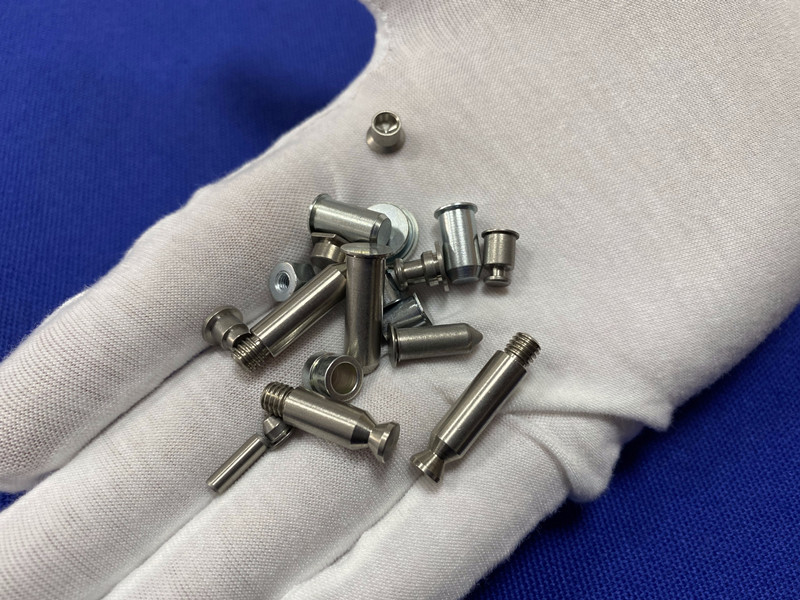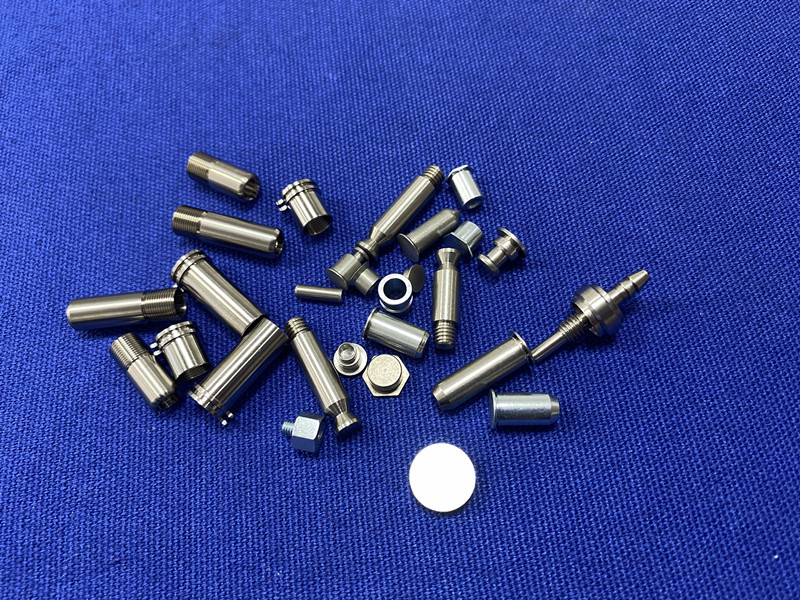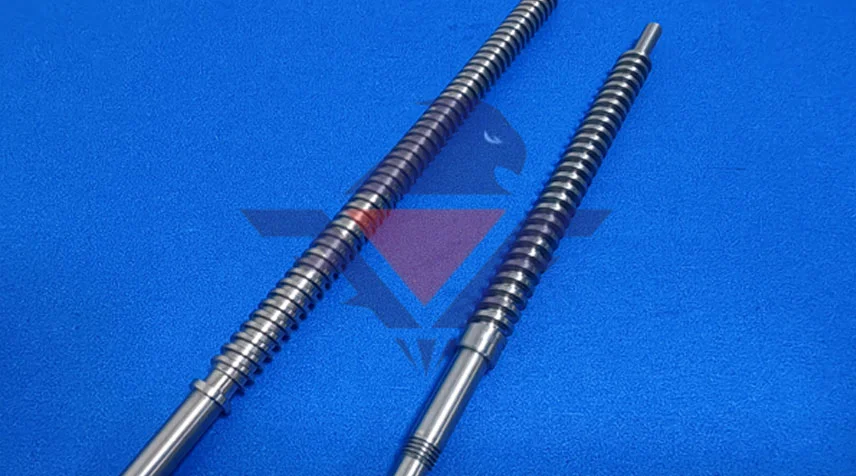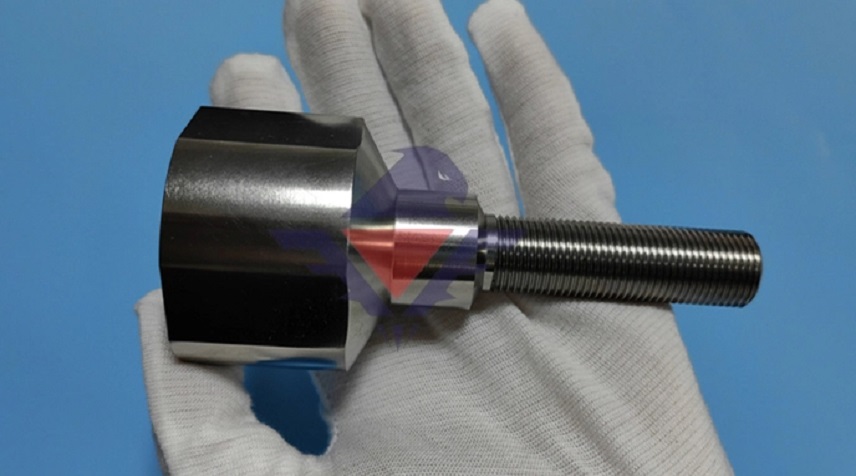In the fast-moving electronics industry, there is a growing focus on miniaturizing components with increasingly stringent precision tolerances. As devices become smaller and ultimately more complex, traditional manufacturing processes cannot keep up and provide the required accuracy and efficiency. It is here that Swiss machining is proving to be a manufacturing process that can produce complex, high-precision components and enhance process efficiencies. This article looks at how Swiss machining is impacting the electronics industry by improving component quality and improving efficiencies.
Swiss Machining Explained
Swiss machining, also known as Swiss screw machining or Swiss turning, is technically a precision manufacturing process that was originally developed in Switzerland to produce small, complex watch components. This unique process consists of a sliding headstock and guide bushing that allows the workpiece to move in a longitudinal manner while being machined. This allows for greater stability and superior precision and explains why Swiss machining is popular for producing very intricate parts with demanding tolerances.

Some advantages of Swiss machining include:
High Precision: Tolerances can be as tight as ±0.0001 inches.
Complex Geometries: Intricate shape and features can be produced that would otherwise require costly secondary operations in traditional machining.
Material Versatility: Use of metals and plastics are both common.
Process Efficiency: Substantial reductions in production times can be achieved as Swiss machining allows for machining operations to be conducted simultaneously.
Swiss Machining in Electronics
The electronics industry is made up of numerous applications including medical devices, aerospace systems, and consumer electronics, all relying on Swiss machining to produce standard parts that comply with sometimes eccentric tolerances.
1. Smaller Components
Today's modern electronics require smaller, more compact components while still achieving the performance needed. Swiss machining capabilities are ideal for producing micro-components including connectors, pins, and housings as part of the miniaturization of electronics.
2. Tighter Component Tolerances
Upgrades and new designs of electronic components can require a tighter tolerances for good compliance and reliability. However, Swiss machining allows producers to achieve the precision required for every part produced to be within the exact specifications, therefore reducing the chance of failure in electronic assemblies.
3. Versatility of Materials
Electronics manufacturing can include work with many diverse materials including, but not limited to; copper, aluminum, stainless steel, and customized plastics. Through the ability to produce from a diverse amount of materials, manufacturers can ensure they are obtaining the highest quality standards the industry calls for.
4. Higher throughput and production rates
Because of all the operations, Swiss machining minimizes secondary process's and lead times, which is critical to keeping up with the demands of the electronics industry.
Utilizing Swiss Machining in Electronics
Many electronic components are produced using Swiss machining. These products include:
Connectors and Pins: These components are used to create electrical connections within devices.
Sensor Housings: These components protect sensitive electronic sensors.
Micro Screws and Fasteners: These components secure components within tight electronic assemblies.
Heat Sinks: These components dissipate heat generated by electronic systems, often while under load.
Semiconductor Components: These components are essential for the function of integrated circuits and chips.

Sample Project: Improving Electronic Components Production
One leading electronics manufacturer was struggling to produce micro-connectors with precision and repeatability. Once they partnered with a Swiss machining service provider, that was able to deliver:
Improved Precision: Consistent ±0.0001-inch tolerances when producing connectors.
Reduced Production Time: Performing combined processes simultaneously proving to reduce their manufacturing cycle time by over 30%.
Cost Savings: Reduction of secondary processes resulted in an overall production cost savings of 20%.
This is a satisfactory scenario that demonstrates how Swiss machining was able to address the complex challenge of producing electronic components.
The Right Swiss Machining partner for your machining needs
It is critical to select a qualified Swiss machining partner in order to ensure your electronics manufacturer produces the exact components you want. Key components to making your selection are:
Experience: The supplier has experience producing electronic components.
Capabilities: The supplier has access the latest Swiss machining equipment/software technology.
Quality: The supplier has a substantive quality assurance process to assure that the components produced will not fail.
Materials: The Supplier has extensive expertise working with materials associated with the electronics industry.
For example, Falcon CNC Swiss specializes in Optical precision machining, and they have the expertise for complex parts. You can find more about their work here:
Future Trends: Swiss Machining and Electronics
With the continued evolution of the electronics industry, Swiss machining will become even more significant. Some trends include:
Industry 4.0: Smart manufacturing efficiencies are being utilized
Advanced Materials: Machining of developing materials for next-generation electronic devices
Customization: Customized solutions for specific electronic components
These trends highlight the importance of Swiss machining in adapting electronics manufacturing to the future.
Conclusion
Swelling machining is a fundamental part of the electronics industry by providing unparalleled precision, efficiency, and versatility. It allows complex parts to be produced with high quality, which contributes to innovation in the electronic technology and continues to meet demands for today´s devices.
Are you looking to improve your electronic component production with precision Swiss machining? Get in touch with Falcon CNC Swiss to examine options for your specific needs.








